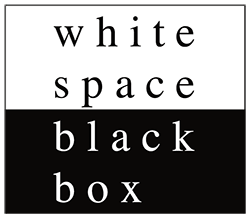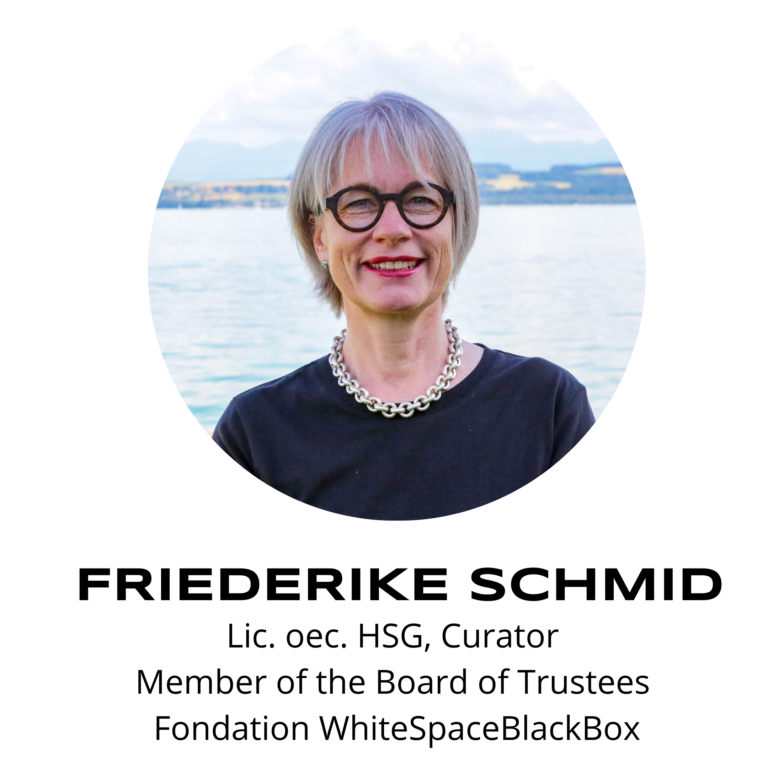
Photo: © Work of Haroon Gunn-Salie «Amongst Men», Courtesy of I Islamic Arts Biennale Jeddah, Photo of the author
What about art if the problem is that we have no (real) problems?
In a recent discussion with an art collector, he remarked that he had not seen any relevant and fascinating works of art for a long time. If you want to see truly moving art, you must go to the hot spots of our world, where artists still see it as their «duty and necessity» towards society or their country to make a difference. Art that creates social relevance, rubs shoulders with other disciplines and shakes the foundations of society instead of blending in with everything. Art that is so razor-sharp that its creators sometimes must leave their home countries for fear of political persecution.
Art, a reflection of the actual society: What does that mean for our society, where everyone protects each other in their cotton wool-lined cocoons. Where every splinter group, no matter how small, must be represented and considered? (And by the way, here almost unnoticed even the long struggle of the «other half of society», the women, who slowly began to establish themselves in patriarchal environments, is simply passed over). And where art must please everyone: Whether in the art market, where more and more institutions represent more and more artists pushed onto the market. Or in the environment of art and architecture projects (Kunst am Bau), where everybody’s criteria, from architects, investors, and users to public authorities, must be met, so that the result is a for every purpose suitable intervention (eierlegende Wollmilchsau), instead of an «outstanding» art project. Art that suffers a pseudo-relevance in its absorbent cotton world.
This theme is beautifully expressed artistically by «The No Problem Sculpture» by Swiss artist Not Vital, which philosophically and numerologically links a work in Zurich with a fountain in Niger. Realized in 2012 as the result of an invited competition, it stands in the up-and-coming chic neighborhood of Zurich West, where luxury apartments, cultural venues and urban oases have sprung up. Formerly an industrial site, it was once home to workers toiling and heavy industry with its emissions, on the outskirts of Zurich. «The No Problem Sculpture» is the pure opposite of this spruced-up world: sprayed concrete instead of glass and travertine, undulating surfaces instead of mirror-smooth aesthetics, different edges and angles instead of orthogonal straight lines, algae and moss instead of clean sterility. Either way … no problem, just. Appropriate for this work is also the statement of an investor who recently asked me about this «ugliest artwork in the city of Zurich», which filled me, as the project manager at the time, with some pride.
Here in this «wonderful world» we are far away from the «real» problems and vital issues that people of other countries and especially in the global south are concerned about. Niger, for example, where said well is located, which is connected to «The No Problem Sculpture» and which we have never been able to visit, because a trip to this region is discouraged due to armed gangs.
Eye-opening is a visit to the first Islamic Biennial in Jeddah, where the Islamic world is carefully opening up (to us as well) by linking rare historical artifacts with contemporary Islamic art from around the globe. In the Western Hajj Canopy Terminal of King Abdulaziz Airport in Jeddah, which used to offer pilgrims to Mecca a stopover, large-scale artworks are installed in the huge 118’000 m2 halls. They deal with themes such as apartheid, migration, belonging, the image of women and Islamic pilgrimages. In a way that makes their inevitability tangible, even if one (as someone who does not belong to the Islamic world) is not aware of all these topics and precise classifications.
I would like to highlight the work «Amongst Men» by South African artist and activist Haroon Gunn-Salie. Empathizing Imam Abdulla Haron’s funeral, which illegally was attended by 40’000 mourners, the installation sees a thousand kufia casts suspended from the ceiling at varying heights with accompanying sound installation. A reminder of the sometimes-violent intersections of Islam, resistance, colonialization, and apartheid.
Is it perhaps, after all, the famous and much-quoted sentence of Arnold Schoenberg, which the latter noted in an essay written in 1910 on the problems of art teaching and the «inner necessity»: «I believe: art is not a matter of skills, but of duty.»

